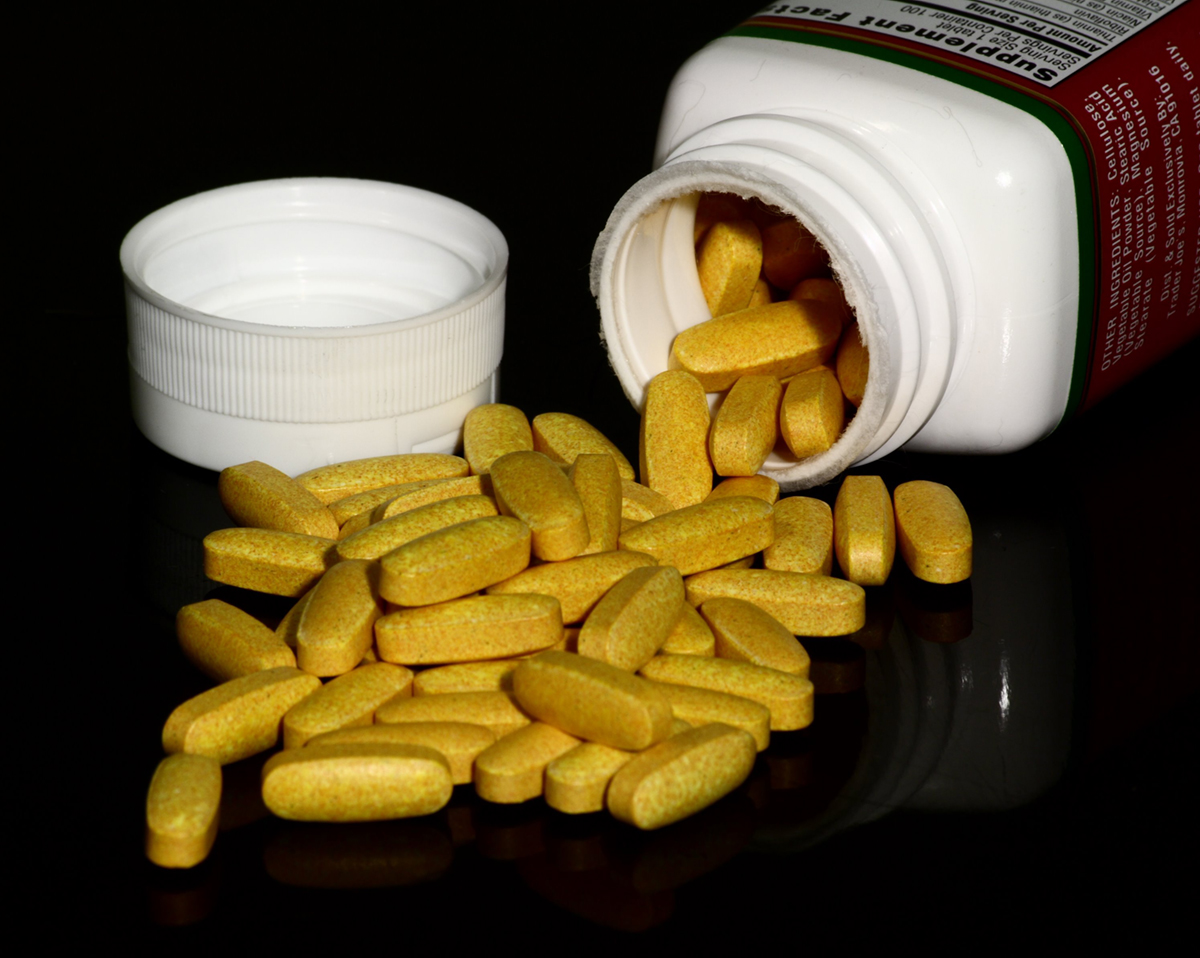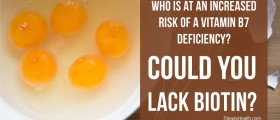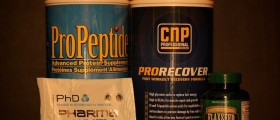
Information on Biotin
Biotin is widely known as vitamin H and it is an important part of the B complex group of different vitamins. All of the vitamins from the B group convert the carbohydrates from the food into glucose which is then used for the production of energy in the human body. The vitamins from the B complex are also very important and efficient when the body needs to metabolize protein and fats. These vitamins are also vital parts of numerous functions of skin, nervous system, hair, lives and eyes.
Biotin is especially very effective in strengthening the nails and hair and that is why it is one of the main ingredients of numerous different types of cosmetic products. The human body cannot store biotin but, it can be produced by certain types of bacteria in the human intestines.
Biotin Supplements
The main purpose of biotin supplements is the prevention and treatment of the medical condition known as biotin deficiency. All vitamins are important for the overall health, growth and development. A well balanced diet usually provides all the vitamins. Biotin is very important for the formation of glucose and fatty acids which provide the human body with precious energy. Biotin is also very important for a proper metabolism of carbohydrates and different types of amino acids.
Biotin deficiency is a pretty much rare medical condition but when it occurs it may be characterized by skin rash, heart problems, high levels of bad cholesterol in the blood and loss of hair. Biotin deficiency may be caused by genetic disorder, seborrheic dermatitis or surgical removal of the stomach. All different types of biotin supplements can be purchased without a prescription. Biotin can also be found in its natural form in the numerous different types of food such as liver, yeast, cauliflower, cereals, salmon, soy flour, bananas and carrots. When the food gets preserved or cooked, the biotin content usually gets reduced.
Vitamins need to be combined with other precious substances like protein, fat, carbohydrates and minerals to provide the body with precious energy and overall health. Infant of up to 3 years of age require up to 20 mcg per day, children of 4 to 6 years of age need to take 25 mcg per day, while children of 7 to 10 years of age need to take 30 mcg of biotin per day. Adolescents and adults may take up to 100 mcg per day. Biotin supplements are available in the form of capsules or tablets.

















Your thoughts on this
Loading...